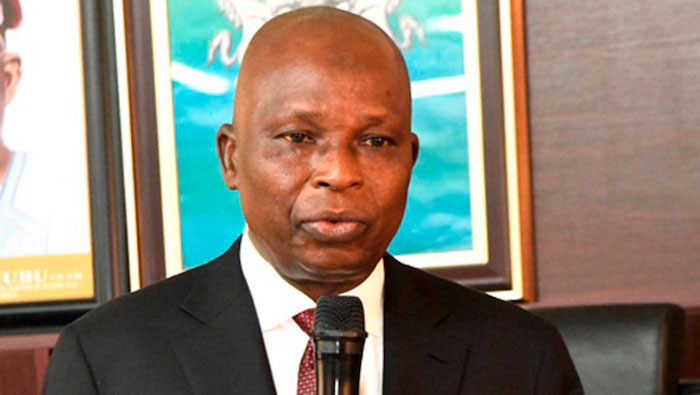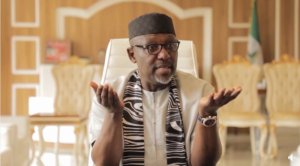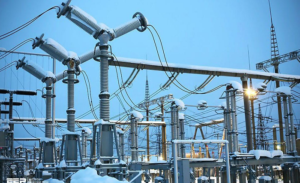
Nigeria’s Attorney General and Minister of Justice, Lateef Fagbemi, has stepped in to review the case of 114 protesters detained since the August #EndBadGovernance demonstrations. Among the accused, some as young as 14 years old, are facing serious charges including treason, arson, and conspiracy to incite public unrest. Fagbemi directed the Nigeria Police to transfer the case file to his office to assess the handling of the case and work toward an earlier trial date than the currently scheduled January 2025.
The Federal High Court recently granted bail to the defendants, setting conditions that include a ₦10 million bond and two sureties each, but many remain detained due to difficulties meeting these terms. Public figures and rights groups, including former presidential candidates Atiku Abubakar and Peter Obi, have condemned the conditions in which the young protesters are being held, citing reports of malnourished minors fainting in court and calling for their immediate release and humane treatment.
Fagbemi acknowledged these concerns, noting that while he cannot unilaterally change the court’s remand order, he is advocating for an expedited trial to address the charges promptly. He has also instructed the Director of Public Prosecution to assess the possibility of a reduced bail amount for the minors involved, some of whom appeared visibly weak and distressed during their court appearance.
In a joint statement, rights organizations such as CISLAC and RULAAC called for the Nigerian government to prioritize the well-being of all detainees, especially the minors. They have appealed to First Lady Oluremi Tinubu to advocate for a compassionate approach, citing Nigeria’s obligations under the Child Rights Act, which mandates the humane treatment of children in all legal matters.
The Attorney General’s intervention reflects a response to growing public and international outcry over the treatment of the young detainees. With this review, Fagbemi’s office aims to ensure a balance between upholding justice and safeguarding the rights and welfare of vulnerable detainees in Nigeria’s judicial system.






Be First to Comment